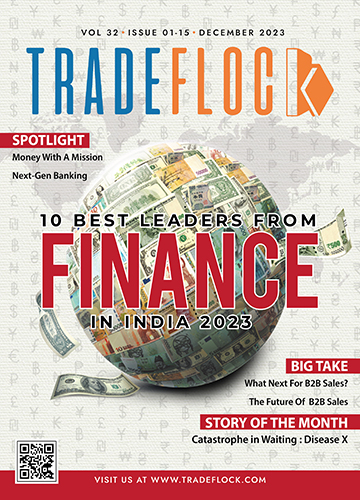
Strategic Finance Leadership in Changing Landscapes
Rahul Tiwari
Chief Financial Officer,
Orbit Exports Limited
Today’s complex business environment poses several challenges to finance leaders, and among the most formidable are compliance management and the strategic navigation of working capital. For Rahul Tiwari, CFO at Orbit Exports Limited, these areas stand as the citadels of concern in the landscape of financial stewardship. The ever-evolving Indian regulatory milieu often harbours nuances that keep finance leaders like Rahul on high alert, despite significant strides in regulatory liberalisation and the digital evolution of the Indian economy.
In grappling with these challenges, Rahul champions a proactive approach. He spearheads the implementation of robust systems aimed not just at identifying compliance exceptions but also at operating seamlessly within the risk parameters set by the company. This vigilance marks his tenure at Orbit Exports Limited since 2021, where he orchestrates financial strategies that deftly manoeuvre the intricate terrain of compliance and optimise the efficiency of working capital.
However, Rahul’s ascent to this pivotal role was a gradual progression marked by expertise accumulation. Commencing in 2013 at Mount Everest Breweries Ltd., he honed his financial skills as DGM-Finance before ascending to prominent positions at Associated Alcohols & Breweries Ltd., eventually taking the reins as CFO. These experiences endowed him with a profound understanding of the intricate dynamics within the “FastestMCG” (Alcoholic Beverages & Liquor) sector in India.
Armed with a Chartered Accountant certification and over a decade of hands-on experience, Rahul’s proficiency spans across various financial domains. His expertise encompasses corporate governance, taxation, commercial strategy, business process enhancement, and the intricacies of IT and ERP systems within the financial landscape.
Today, Rahul stands as a strategic navigator, leveraging his extensive experience and unwavering dedication to excellence to navigate the multifaceted challenges of finance within the dynamic export-oriented sector and the labyrinthine regulatory framework of the Indian economy.
TradeFlock interviewed Rahul to understand more about his exciting journey as a finance leader, challenges, strategies and more.
Discuss your financial journey, highlighting key challenges and milestones.
My finance journey began in 2013 in the alcoholic beverage sector. Progressing from DGM-Finance to CFO within the same group over eight years was a challenging yet rewarding expedition. Transitioning after this tenure, I ventured into the everevolving textile industry, marking a span of 13 dynamic years. Notably, a significant challenge during this journey was the implementation of SAP in the alcoholic beverage environment—a process rife with regulatory complexities. Navigating this alongside the implementation of IFCs and continuous enhancements in corporate governance practices posed formidable hurdles. Despite numerous regulatory challenges, our processes and systems have consistently emerged unscathed from scrutiny.
What finance strategies shape your leadership, and how do they fuel your growth as a leader?
My strategy is simple: “Valuation is desire, profit is need, and cash flow is reality.” This principle guides major decisions, ensuring their impact on cash flows and profits aligns with long-term growth potential. As a finance leader, I prioritise a holistic view, enabling comprehensive handling of operational, governance, and financial issues. It’s not just about financial outcomes; it’s about understanding the human impact of decisions. This approach filters distractions, allowing focus on the essentials and fostering a balanced, agile leadership style.
How have AI and ML transformed finance, and how do you leverage these technologies to your
The finance industry has undergone significant transformation with the use of advanced tech. Initially addressing routine tasks, these technologies now adeptly handle complex analytical work, providing refined data crucial for informed decision-making. For our organisation, leveraging these advanced tools is a balancing act. Implementing emerging technology in a midsize setup requires careful consideration of benefits versus potential drawbacks, along with cost considerations. However, not adopting these technologies is simply not an option. Their efficiency is undeniable, freeing up human capacity for higher-level analytical functions by streamlining routine tasks. The potential they unlock for further analysis is immense, compelling us to navigate the challenges and integrate these technologies for our benefit.
Who inspires you, and how have they influenced your professional journey?
My inspiration stems from the wealth of experiences shared by colleagues, team members, and professionals I’ve encountered along my journey. Each interaction has contributed to my deeper understanding of my profession and life itself. V. N. Dubey, a seasoned corporate lawyer, stands as a pivotal mentor whose guidance has been invaluable in navigating the intricacies of my profession. From a business perspective, observing our managing director, Pankaj Seth, and director, Anisha Seth, has been truly inspiring. Their commitment to establishing an ethical, sustainable, and scalable business is exemplary. Studying their approach offers insights into applying a first principles philosophy when tackling challenges or addressing issues—a source of continuous learning and inspiration for me.
What are your future plans?
My roadmap for the future involves leveraging technology and automation to streamline our financial processes, boost operational efficiency and empower our team to engage in more strategic endeavours. Talent development remains a pivotal focus, nurturing a diverse and skilled workforce adept at navigating financial intricacies. In parallel, I’m dedicated to fortifying our financial risk management strategies, particularly in working capital and compliance. Implementing proactive measures, such as robust reporting systems, will enable us to address challenges preemptively, ensuring a proactive stance in managing potential risks. This comprehensive approach aims to keep us ahead of the curve and sustain our growth trajectory.











